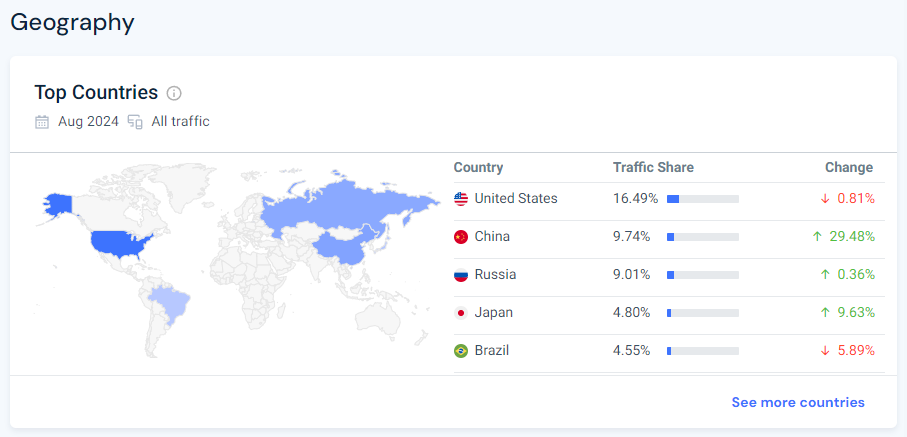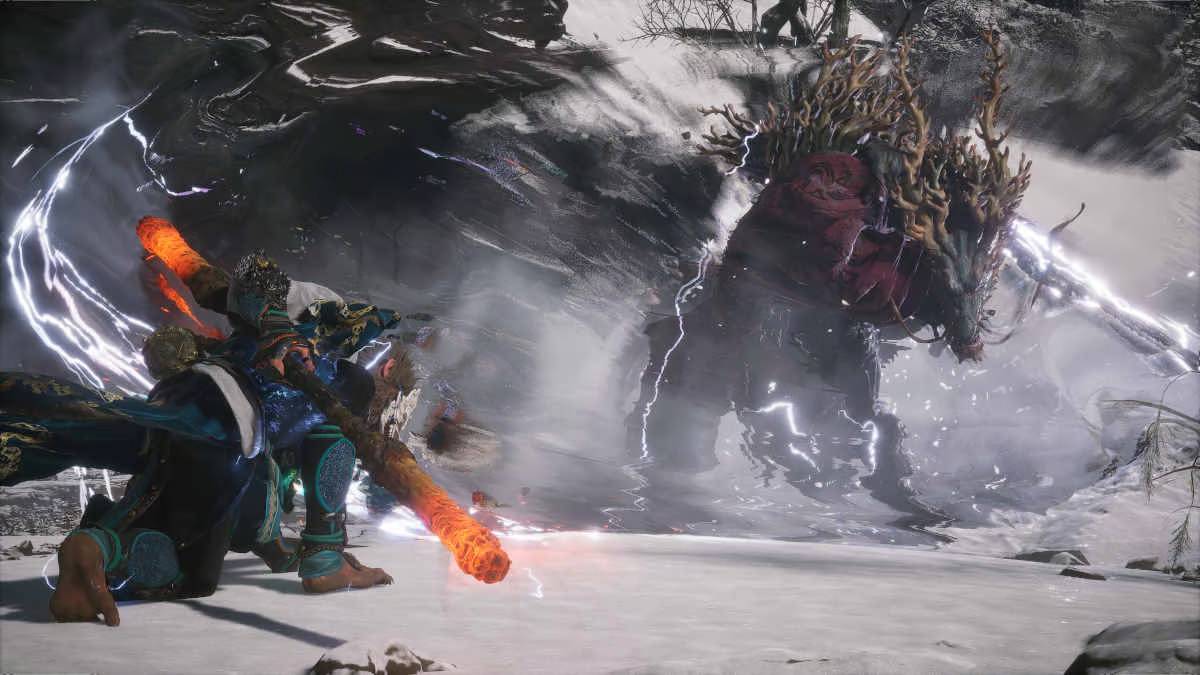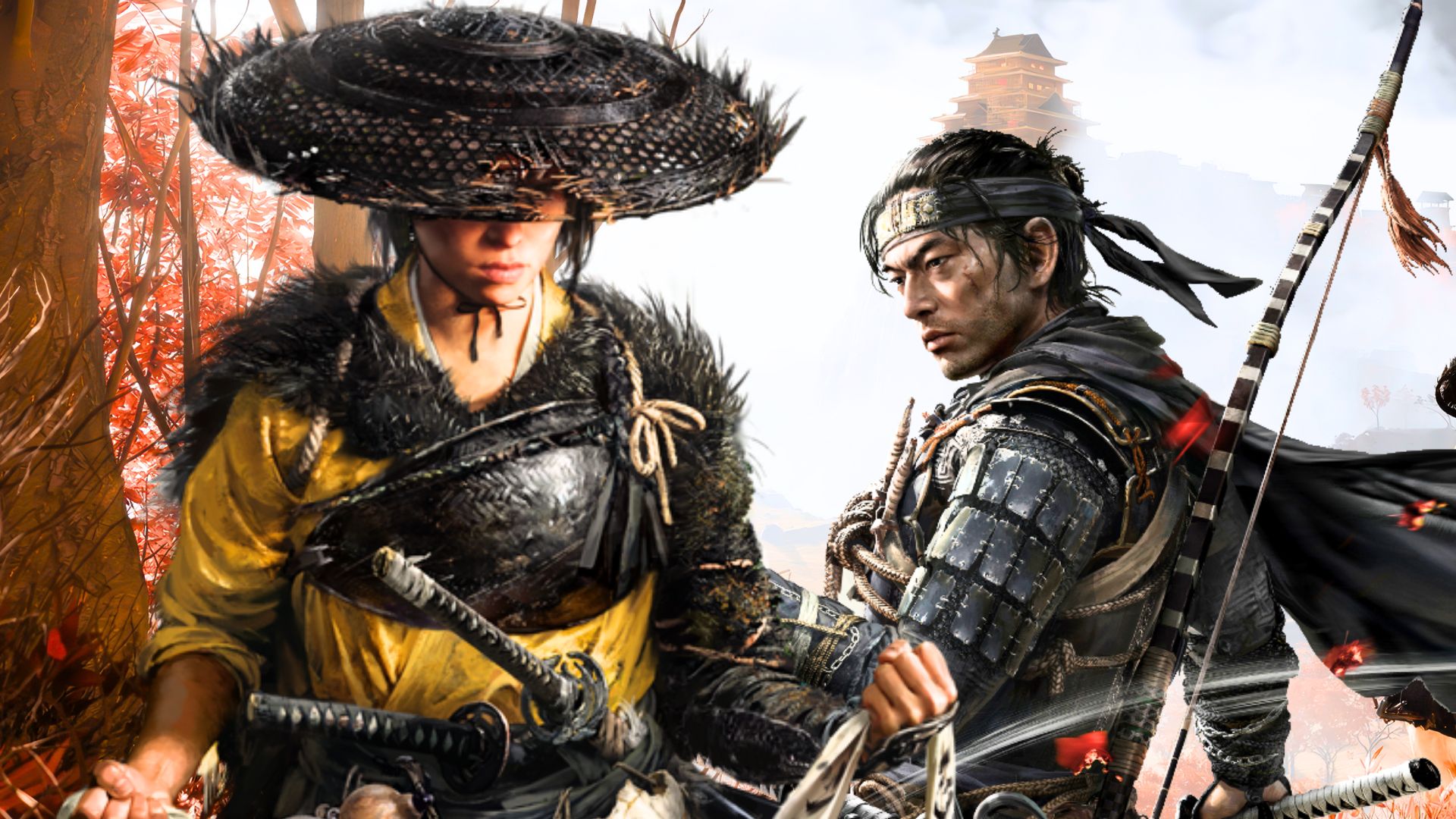You can trust VideoGamer. Our team of gaming experts spend hours testing and reviewing the latest games, to ensure you're reading the most comprehensive guide possible. Rest assured, all imagery and advice is unique and original. Check out how we test and review games here
Steam hit its all time player count record last night, peaking at 38,361,744 players. Despite the growth trajectory remaining fairly consistent, there is an undeniable pattern to be noticed in recent changes. Namely, Black Myth Wukong’s emphatic release has utterly changed Steam’s demographic, now responsible for Steam’s most popular language being simplified Chinese and claiming a majority of traffic to the service.
According to Steam, it hit its 38m peak at 3PM on September 22nd, with that achievement likely to continue growing as the week continues. Black Myth: Wukong, hitting its player peak of 533K yesterday too, is partly responsible for this, despite a natural decline in its own player count. As the first major AAA title from China, Black Myth awoke a market typically playing mobile and free-to-play titles and cemented it as a key player. That’s not to suggest that the Chinese market had previously been ignored; in fact, in July, simplified Chinese was the platform’s second most spoken language at 31.98 percent, just slightly behind English at 34 percent.

However, August saw the language climb to 35 percent, relegating English to second with 31 percent. Furthermore, September saw China consuming 447.9 petabytes of Steam’s download bandwidth, vastly more than the United States, in second, with 254.3 petabytes. To compare this with June, long before Black Myth’s influence had sunk in, China was only taking up 306.5 petabytes compared to the US’ 235 petabytes.

Finally, Similarweb has recorded a 29 percent increase in Steam’s website traffic from Chinese users for the month of August – a clear result of Black Myth: Wukong’s success.
Over the course of August, the National Press and Publication Administration (NPAA) approved 117 game licenses in China, which Game World Observer says is the “largest batch of approvals this year.” Tencent and Netease are among the gaming corporations hoping to capitalise on the attention that Black Myth: Wukong brought to AAA in China, with Project: The Outcast (Tencent) and Fragpunk (Netease) among those now licensed games.
Gaming analysts Newzoo predict that the Chinese market is expected to surpass $200bn by 2026, indicating the bullish growth that Wukong has laid the path for. The Chinese market has already made serious changes to Steam’s demographic, and the game has also had a resounding impact on Western gamers – for better or worse. The game has been perpetually wedged between factional debate; ‘woke’ vs ‘anti-woke’, essentially.
Tencent, Netease, and MiHoYo are among China’s biggest gaming corporations, and though they don’t typically dabble in single-player, story driven games, that could all change in the future. To continue, this has been the first time in video game history that mainstream gaming has taken off in China. PlayStation 5s, for example, saw sales skyrocketing in the region, as reported by Bloomberg.
Steam’s climbing player count naturally spiked thanks to the Chinese demographic, and no doubt publishers, developers, and corporate investors are going to be capitalising on the glistening opportunity of the global gaming market now.






